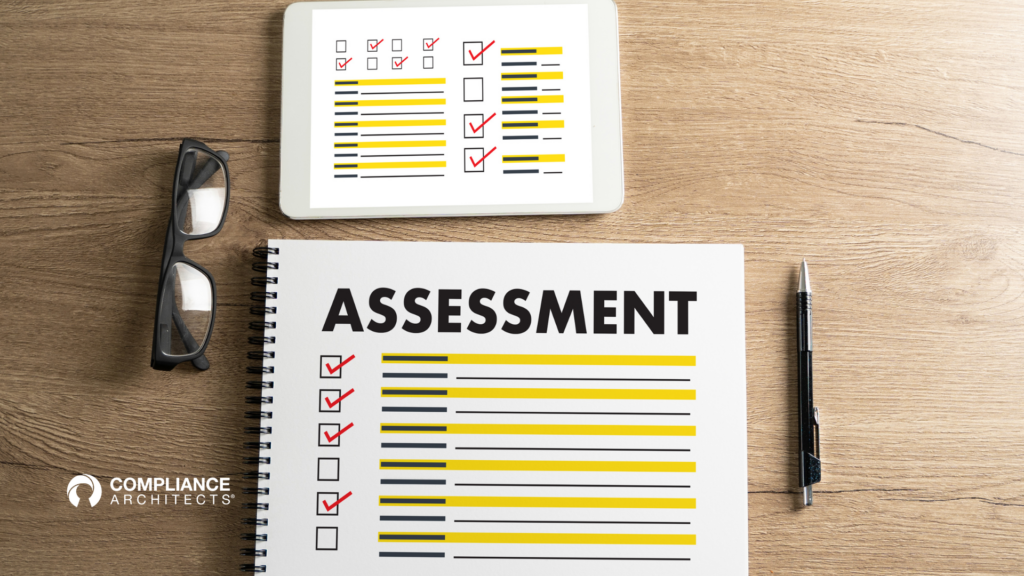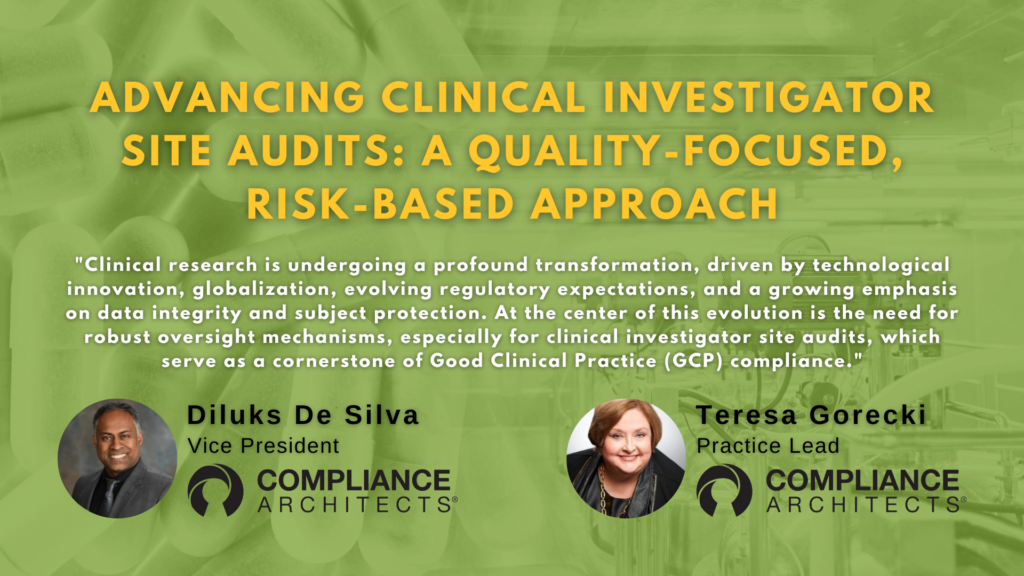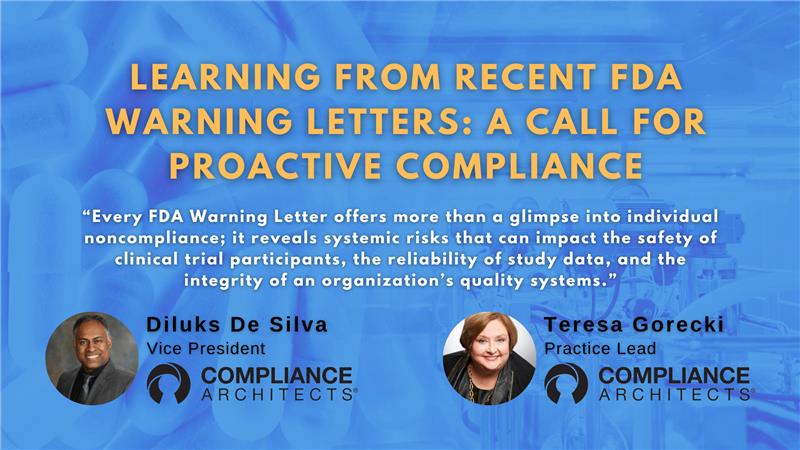In a new development for global pharmaceutical regulation, the FDA and the European Medicines Agency (EMA) recently collaborated for the first time on quality assessments and inspections under a pilot program started by the International Coalition of Medicines Regulatory Authorities (ICMRA). The Japanese Pharmaceuticals and Medical Devices Agency (PMDA) served as an observer during this pilot program. This milestone shows progress in improving regulations to provide medications to patients worldwide with proper quality management.
Our practice lead, Teresa Gorecki, recently shared this article on her LinkedIn profile. She stated that the FDA and EMA are making progress in improving quality assessments and inspections by working together.

Table of Contents
Ensuring Supply Reliability through Regulatory Alignment
The FDA and EMA collaborated on reviewing and approving a proposal to implement new manufacturing and quality control sites. As mentioned, this collaboration marks a stepping stone in streamlining approvals and ensuring the continuous supply of essential medicines. This initiative highlights the importance of international regulatory cooperation in maintaining pharmaceutical quality and availability.
ICMRA’s Strategic Approach to Global Regulatory Alignment
The ICMRA Pharmaceutical Quality Knowledge Management System (PQKMS) initiative, launched in November 2020, aims to foster greater regulatory dependence across countries. The program initially aimed to increase the manufacturing supply of COVID-19 therapeutics rapidly. This system enables regulators to evaluate assessments made by other authorities, assisting with quicker decision-making while maintaining rigorous quality standards. This strategic alignment is essential in navigating the complexities of global drug manufacturing and supply chains.
Pilot Programs Driving Regulatory Efficiency
Two pivotal pilot programs emerged from ICMRA’s PQKMS efforts: collaborative assessments for streamlined post-approval changes and hybrid inspections. These programs aim to identify best practices and standards for assessing manufacturing changes, which involves reducing redundancy in regulatory inspections and speeding up approvals. These pilots will make responding quickly to worldwide health crises and supply chain problems easier.
Positive Industry Feedback and Future Prospects
The recent FDA/EMA collaborative assessment received positive feedback from industry stakeholders for its excellent coordination and timely execution. This success demonstrates the practical use of international regulatory alignment and sets a precedent for future collaborations under ICMRA’s support and guidance. As additional proposals undergo assessment and inspection, further insights will be gained to improve and expand these collaborative frameworks. These frameworks will assist in expediting manufacturing processes while maintaining product quality.
Looking Ahead: A Unified Approach to Pharmaceutical Quality Assessments and Inspections
ICMRA plays a pivotal role in fostering international cooperation among regulatory bodies. The organization builds regulatory unity by organizing workshops and sharing knowledge with industry stakeholders.
They recently held a virtual workshop to continue their progress. Collaborating with organizations such as the ICH ensures that products meet the patients’ needs worldwide. This is achieved by aligning global standards.
The FDA and EMA’s successful collaboration under the ICMRA framework marks a significant stride toward improving global pharmaceutical regulation. By promoting regulatory reliance and efficiency through these innovative pilot programs, ICMRA continues to work towards a future where patients can access safe, high-quality medicines through an improved production process. As these projects expand, the concept of a global plan for medicine quality gets better. This will bring long-term benefits for healthcare and patients.
Are you interested in learning more about CDER’s collaboration with Global Regulators on Quality Assessments and Inspections?
Fill out the form below to learn how Compliance Architects can help you and your team and provide you with more information needed for your organization.





